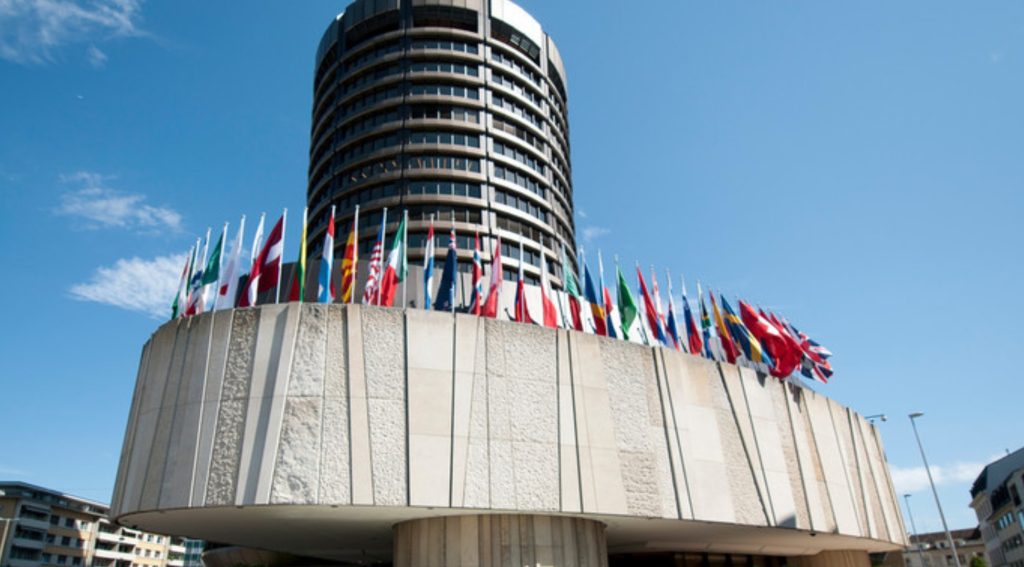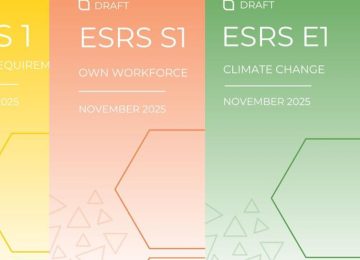The Basel Committee on Banking Supervision (BCBS) has released a new voluntary framework for banks to disclose climate-related financial risks, marking a significant step towards integrating environmental considerations into global banking practices.
While not mandatory, the framework provides crucial guidance for banks to enhance transparency and improve their management of climate risks.
The voluntary framework encourages banks to report on their governance, strategy, risk management, and climate-related metrics and targets.
It emphasizes incorporating forward-looking climate scenarios and stress testing into risk assessments. This initiative aims to foster a more resilient and sustainable global banking system by guiding banks to systematically assess and disclose their exposures to both physical risks (like extreme weather events) and transition risks (such as policy shifts towards a low-carbon economy).
For the banking sector globally, this voluntary framework serves as a critical reference point. It encourages a more consistent approach to climate risk disclosure, aligning with existing international standards from bodies like the Task Force on Climate-related Financial Disclosures (TCFD) and the International Sustainability Standards Board (ISSB).
While banks will have flexibility due to the evolving nature of climate data, the framework clearly signals the increasing importance of integrating climate risk into core financial management.
Experts suggest that despite its voluntary nature, national regulators may increasingly push for its domestic implementation, potentially leading to mandatory requirements in various jurisdictions.
Closer home, the Reserve Bank of India (RBI) has actively engaged with climate risk mitigation, making notable progress in preparing the Indian banking sector.
It is developing the Reserve Bank-Climate Risk Information System (RB-CRIS) to provide standardized climate data, crucial for better risk assessment. It is also in the process of finalizing its own “Disclosure Framework on Climate-related Financial Risks” for regulated entities, which is expected to align with international best practices, including those set by the Basel Committee.
RBI Governor Sanjay Malhotra and Deputy Governor M. Rajeshwar Rao have both highlighted the dual challenge for India: sustaining economic development while addressing climate change. The RBI is focusing on building capacity, developing a green finance ecosystem, and enhancing prudential risk management. It encourages banks to build technical expertise to assess risks associated with green technologies and is exploring initiatives like a “Greenathon” and an “on-tap” regulatory sandbox for climate change risks and sustainable finance.
The central bank also advocates for creating a common pool of “bankable projects” to facilitate greater investment in green initiatives, recognizing that a lack of such projects often hinders climate finance.
Meanwhile, the Basel Committee’s new framework, coupled with the RBI’s proactive stance, indicates a growing global and domestic imperative for banks to understand, manage, and transparently report on climate-related financial risks.












